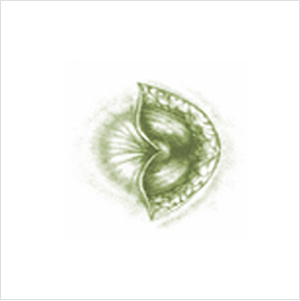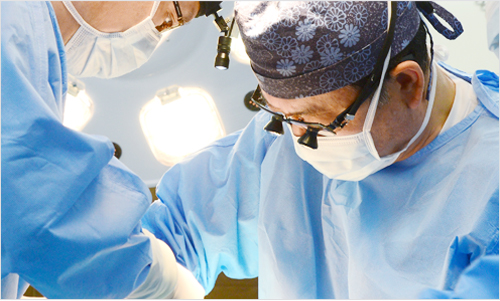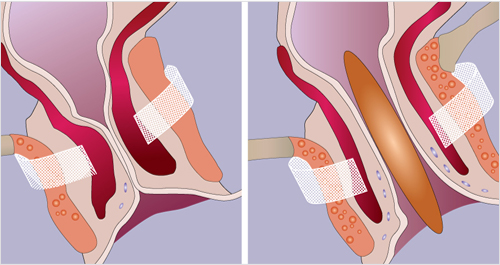From the moment we first meet with patients,
we will take care of them like a family with faith, hope, and love.
Wellness Hospital treats even the hearts of customers through experts treatment and specialized medical services.
Fecal incontinence is a disease in which stool or farts occur frequently regardless of the person's will because the control function of the anal sphincter, which controls bowel movements, is not performed properly.
There are many different factors that can cause fecal incontinence The first one is the damage to the sphincter. These are cases where the sphincters are damaged when the anus is torn in a traffic accident, or due to rupture of the anal perineum during childbirth, hemorrhoids or fistulas, etc.
Second, it can be caused by rectal prolapse, fecal impaction (the intestine is full of feces), severely slipped disc, etc. It can also be caused by neuritis due to diabetes, or abuse of laxatives. In particular, there are many cases in which elderly people cannot retain stool, caused by the nerve damage around the anus, which causes them to not feel sensation, or the weakened anal sphincter muscles.
-
Fecal incontinence can be classified into three categories according to its severity. The first one is the mildest, when you feel it is hard to hold in farts, the second is a moderate level in which you cannot retain diarrhea, and the third is the most severe, in which you cannot retain hard stools.
-
· In the case of mild or moderate fecal incontinence that involves frequent diarrhea,
01
It is recommended to control the condition of the feces with diet or drug therapy so that the stool has adequate level of hardness.
02
Keep the time and frequency of defecation constant.
03
Strengthen the anal sphincters by anal exercises and practicing to resist defecation 10 to 20 times a day.
04
Biofeedback therapies have been showing good results.
-
· For rectal prolapse, diabetes, severe disc, etc., the cause must be treated first.
-
· If the sphincter is damaged by injuries during severe fecal incontinence, it can be treated with surgery. Surgical treatments can differ depending on the type and size of the injuries.
-
-
· Surgery that uses trans ischiorectal tape (TIRT)
If non-surgical treatments (i.e. drugs & biofeedback therapy) is not effective, surgery needs to be adopted to improve the function of the sphincters by inserting a round elastic structure called a silicone sling outside the anal sphincter. This silicone sling wraps around the anus 360 degrees and tightens it. It is wrapped around the external anal sphincters to help them tighten the anus.






